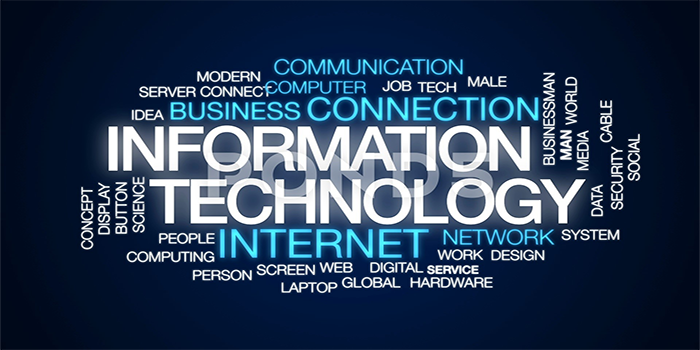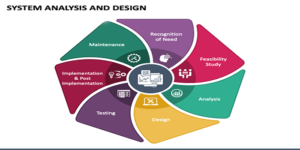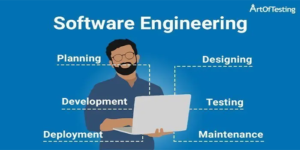
Information technology is the use of computers and software to manage information. IT is used in a variety of industries, including business, education, government, and healthcare. It is used to store, process, and share data, as well as to create, modify, and secure information. IT can also be used to create applications and websites, automate processes, and make communication easier. Examples of IT applications include enterprise resource planning (ERP) systems, customer relationship management (CRM) systems, and enterprise content management (ECM) systems.
Information Technology Course Training
Information technology (IT) courses are typically specialized training programs that teach students the skills and knowledge needed to work in the IT field. The courses may cover a range of topics, including computer hardware and software, networking, programming, database administration, system design, security, web development, and more. Many IT courses are available online, and some may require in–person attendance. IT courses may also be offered in a traditional classroom setting or in a hybrid format that combines online instruction with in–person workshops.
Best University for Information Technology Course
The best university for information technology courses depends on the individual student‘s needs and preferences. Some of the top universities for IT courses include Massachusetts Institute of Technology, Carnegie Mellon University, Stanford University, University of California–Berkeley, Georgia Institute of Technology, University of Washington, Cornell University, University of Michigan, Harvard University, and California Institute of Technology.
Why is information technology important?
Information technology is important because it has revolutionized the way we communicate, collaborate, store and retrieve information, and do business. It has enabled us to access and share information anytime and anywhere with the help of new devices and technologies. It has also enabled us to automate processes, improve efficiency and productivity, and reduce costs significantly. Moreover, it has made it easier to stay connected with people around the world, and has allowed businesses to expand their reach to new markets.
Examples of information technology
1. Cloud Computing
2. Artificial Intelligence
3. Big Data
4. Robotics
5. Internet of Things (IoT)
6. Cyber Security
7. Blockchain
8. Augmented Reality (AR)
9. Virtual Reality (VR)
10. 3D Printing
What Employers Look for in IT Candidates?
1. Technical Expertise: Employers look for IT candidates with a broad range of technical expertise. This could include knowledge of programming languages, operating systems, networking, and database systems
2. Problem-Solving Skills: IT professionals need to be able to troubleshoot problems, diagnose the root cause, and come up with creative solutions.
3. Communication: The ability to communicate technical information to non–technical stakeholders is essential in the IT field.
4. Adaptability: The IT field is constantly changing and evolving. Employers look for candidates who can quickly adapt to new technologies and trends.
5. Teamwork: Many IT projects require a team of professionals to work together, so employers look for candidates who can collaborate effectively.
6. Attention to Detail: Employers look for IT professionals who can pay close attention to detail and double–check their work before submitting it.






